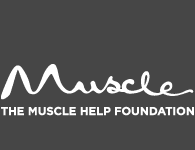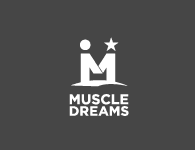First of its kind ground-breaking research academically proves that Muscle Dream experiences deliver life-enhancing benefits for children and young adults with MD
Posted on July 20th, 2021
Ground-breaking study proves that Muscle Dream wish fulfilment experiences deliver transformational, life-enhancing benefits for children and young adults with Muscular Dystrophy. The findings of this first of its kind research was carried out by clinical psychologists at the University of Hertfordshire. Underpinned by this pioneering research, the Muscle Help Foundation charity has launched a £100k fundraising appeal that sees its #PowerOf657 campaign refreshed in the hope that it can deliver many more Muscle Dreams, reaching the target figure of 657, one life-changing experience for every muscle in the human body.
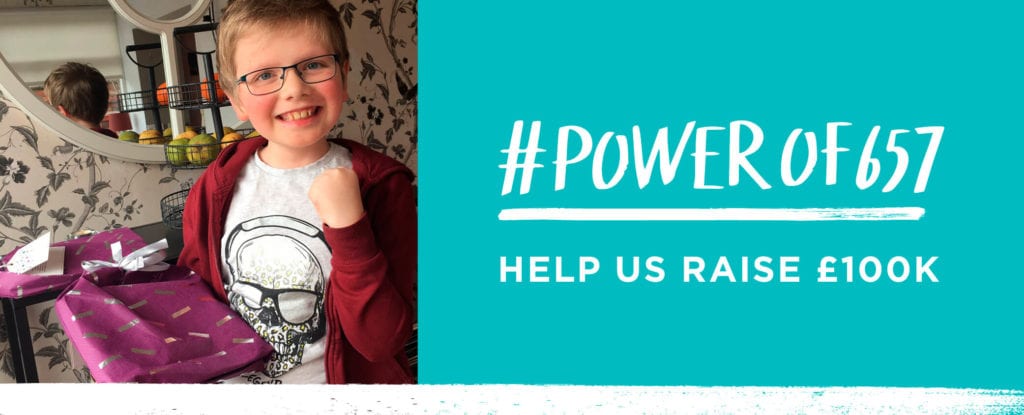
Increased confidence (70%), self-esteem (76%), starting new interests/hobbies (66%), feeling empowered to achieve life goals (73%) and developing new skills (61%) are the key impacts wish fulfilment experiences can provide to children and young adults living with life limiting conditions such as Duchenne Muscular Dystrophy (DMD), a study by the University of Hertfordshire* on behalf the Muscle Help Foundation charity has found.
This is the only known research in existence to robustly investigate and validate the transformational impacts that highly personalised dream fulfilment experiences such as taking the controls of an aircraft and experiencing level flight, enjoying the thrill of a passenger ride in a high-performance racing car, learning a new skill, or meeting a sporting hero, can have on the lives of those living with conditions such as Muscular Dystrophy.
The study, which analysed data from 82 individual wish-fulfilment experiences delivered by the Muscle Help Foundation charity covering a six-year period, as well as wider qualitative data from 152 participants analysed to understand more specifically what it was about the experiences that was described as valuable or transformative, offers rich and detailed qualitative and quantitative analysis on the impact of the experiences both from the perspective of the young person and the wider family.
The study found that wish-fulfilment experiences:
| Enhance quality-of-life Allow recipients to realise their potential, develop new skills and grow confidence Facilitate ongoing engagement and prevent isolation Provide meaningful time away from the day-to-day challenges associated with living with a life-limiting condition |
The research also highlights the need for ongoing efforts to create a society where disabled young people can have access to recreational activities and can live fully as citizens in their communities without disability being a barrier.
The research was the brainchild of Michael McGrath, CEO of the Muscle Help Foundation, one of the UK’s leading Muscular Dystrophy support charities. The charity, now in its 18th year, works tirelessly to help fulfil the cherished dreams and aspirations of children and young people, uniquely between the ages of 8yrs and 28yrs, with the muscle wasting condition, Muscular Dystrophy.
Michael, who lives with Muscular Dystrophy himself, is the driving force behind the charity, having undertaken two transformational, life-changing experiences that saw him make history as the first disabled person in the world to reach both the North (April 2002) and South Poles (January 2004).
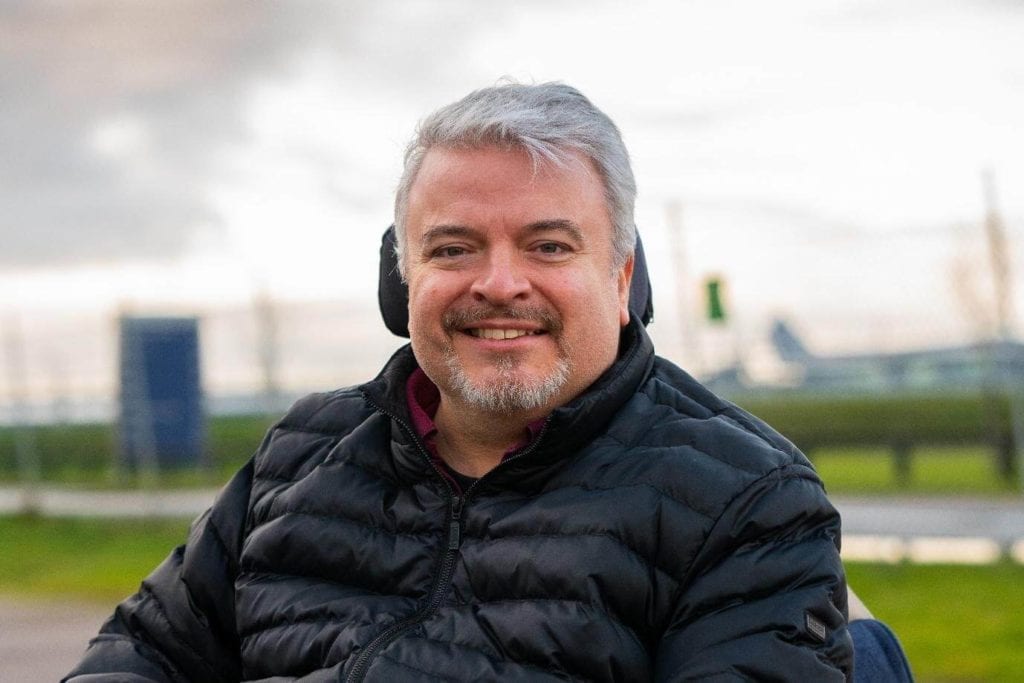
| “The whole ethos of the charity is rooted in the idea that well executed experiences that fulfil a young person’s dreams and aspirations, can be powerfully transformative to their lives; and I speak from experience when it comes to that. Now that we have strong research that validates just how life enhancing such experiences are, it reinforces the need and urgency to deliver even more, so that the lives of more young people across the UK can be further enriched. Knowing that such interventions deliver hope, confidence, new skills and empowerment as well as joy, are immensely powerful impacts for children and young adults living with a disability.” Michael McGrath |
Dr Lizette Nolte, Principal Lecturer and Researcher on the Doctorate in Clinical Psychology Programme at the University of Hertfordshire who was part of the research team that completed the study, says:
| “The research robustly demonstrates the positive and lasting impacts on ‘confidence’, ‘self-esteem’ and the ‘restoration of hope’ for beneficiaries and their families of these personalised experiences, as well as helping to counter experiences of social exclusion. Such experiences provide accessibility and participation to anyone with a disability, especially children, in a way that is often not possible in everyday life. “Whilst the sample size analysed is relatively small, we have carried out in depth qualitative and quantitative assessment which has delivered robust findings. Since our analysis, the Muscle Help Foundation charity has now delivered a total of 423 wish fulfilment experiences – it is safe to say, based on the research findings, that the positive impacts and benefits of those Muscle Dream experiences will have been felt by all beneficiaries.” Dr Lizette Nolte |
Dr James Randall, Clinical Psychologist and Visiting Lecturer at the University of Hertfordshire who was also part of the academic research team adds:
| “All of our research highlights the urgent need to develop and expand ways for young people with life-limiting conditions to be given more opportunity to live full and meaningful lives. A society not structured to be accessible and enabling of children and young people living with disabilities can be very isolating for them as well as their families. Wish-fulfilment activities matter a great deal and the benefits have lasting positive impacts.” Dr James Randall |
Commenting on the findings of the study, Patron of the Muscle Help Foundation charity, TV presenter Lorraine Kelly, says:
| “This research just proves how invaluable and life-changing wish fulfilment experiences like those delivered by the Muscle Help Foundation charity are in providing hope, empowerment, confidence and enabling children and young adults with life limiting conditions like Muscular Dystrophy, to truly realise their potential. This level of life-enhancing enrichment is needed now more than ever, especially as the impacts of the pandemic have forced so many of these families into an almost permanent state of isolation.” Lorraine Kelly |
As a consequence of COVID-19, the Muscle Help Foundation charity’s operational strategy had to change; the charity re-purposed from its face-to-face ‘Muscle Dreams’ experiences to delivering everything online. The charity created a suite of virtual music, art and laughter sessions, as well as an innovative ‘In Conversation With’ broadcast initiative with inspiring guests and personalities designed to engage the charity’s beneficiaries and families across the UK. The charity was supported by a BBC Children in Need funding award to help deliver more of these online experiences during the pandemic, which proved a lifeline to so many.

The charity is running a national campaign called ‘The Power of 657’ and their mission is simple; to deliver 657 transformational wish fulfilment experiences for children, young people and their families with Muscular Dystrophy in the UK – that’s one life-changing experience for every muscle in the human body.
For the charity’s beneficiaries, every ‘Muscle Dream’ experience is an opportunity to realise their potential. For their family and friends, each one opens up a support network of like-minded individuals. The charity will by the end of July delivered 423 ‘Muscle Dreams’ experiences with 234 to go to reach their overall target.
Michael says: “To deliver the remaining 235 experiences in a virtual way, which is the safest approach right now rather than delivering them in person, we need to raise £100,000 and we’re calling on the public to help us get to that target so we can enhance the lives of even more children living with Muscular Dystrophy. People can donate via the charity’s website here: https://www.musclehelp.com/powerof657

Lorraine Kelly adds: “The Muscle Help Foundation need the public’s support now more than ever so that they can continue to bring joy and enrichment to children and young adults living with Muscular Dystrophy. Please donate today.”
In the UK, some 70,000 babies, children and adults are impacted by Muscular Dystrophy. Muscular Dystrophy, a progressive condition that gets worse over time, is the single biggest genetic killer of children in the world today. It robs sufferers of their mobility, their independence and for those with the most severe type, predominantly children, their lives. There is no known treatment.
Michael McGrath adds: “The impact of the COVID-19 pandemic has been devastating for our beneficiaries who have faced additional social isolation, stress and financial pressures. Access to vital support and therapy services had to stop completely and we know first-hand from feedback we have received from families, that levels of anxiety and distress and deteriorating mental wellbeing have increased significantly, with many feeling even more vulnerable, distressed and exhausted.”
To donate to the charity’s fundraising appeal to deliver even more vital transformational wish fulfilment experiences for children, young people and their families with Muscular Dystrophy in the UK, head to: https://www.musclehelp.com/powerof657
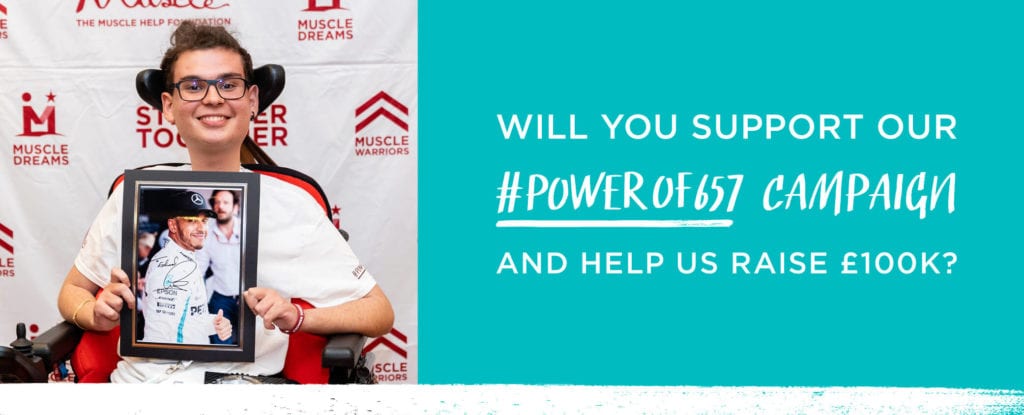
BACKGROUND & KEY TIMELINES
The study was carried out by the University of Hertfordshire in partnership with the Muscle Help Foundation charity between 2015 and 2018 and assessed data from 82 routinely collected wish-fulfilment questionnaires delivered by the Muscle Help Foundation, as well as wider qualitative data from 152 participants, analysed to understand more specifically what it was about the Muscle Dreams that was described as valuable or transformative, covering a six-year period between 2010-2016.
Methodology: A mixed-method, cross-sectional retrospective design was followed. Descriptive statistical analyses were carried out on beneficiary feedback questionnaires. Thematic analysis was carried out on the qualitative data. Themes were extracted from this data which were then used to generate codes which were then aligned to key themes. The study offers rich and detailed analysis of data gathered over a six-year period, both from the perspective of the young person and the wider family.

